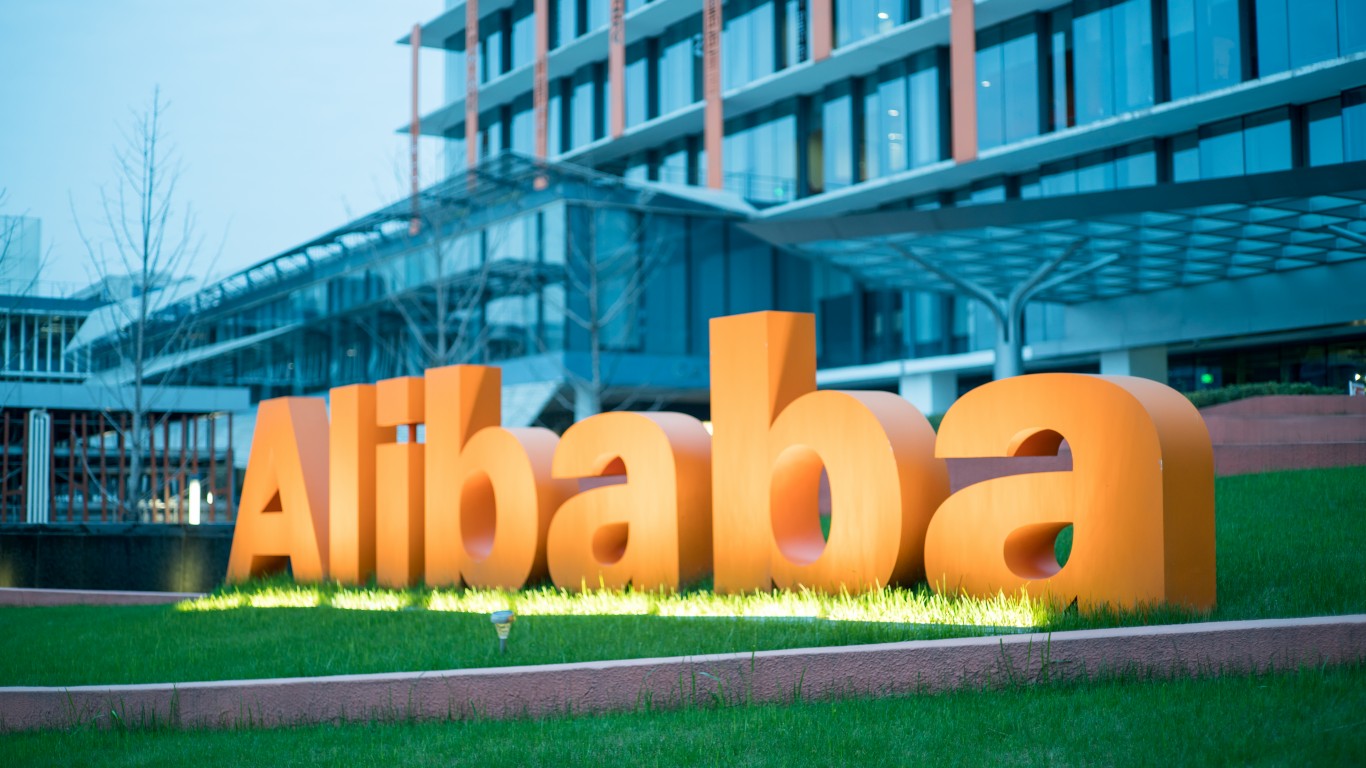
Only a literal handful of Wall Street hedge funds weren’t caught short by the housing bubble of the 2000s. One of the most notable billionaires who not only sidestepped the sector’s implosion, but made billions by recognizing the tulip-mania situation, was Michael Burry.
Made famous by the book and subsequent movie The Big Short, the hedge fund operator bet big against the market and made $1 billion in profits when housing finally collapsed. He also had a hand in the meme stock trading frenzy that erupted in 2021 when he recognized GameStop (NYSE:GME) was a mess and agitated for changes by management.
It was Burry’s actions that ultimately led to Chewy (NASDAQ:CHWY) founder Ryan Cohen taking a position in the video game retailer. That sparked Reddit traders to pile into the stock and launch the notorious “gamma squeeze” on short sellers that led to the eventual closing of the Melvin Capital hedge fund
Burry isn’t shorting housing that we know of (short positions don’t show up on quarterly 13-F filings hedge funds have to file), but we do know he is betting big on China, doubling his position in some stakes and dramatically increasing his holdings in others.
Beijing is launching enormous stimulus policies to revitalize the Chinese economy and it looks like Burry is betting big on several potential winners through his Scion Asset Management hedge fund.
24/7 Wall St. Insights:
- Michael Burry rocketed to fame after correctly calling the housing market bubble in the 2000s and earning a $1 billion profit on his short of the market.
- The billionaire’s Scion Asset Management hedge fund operator is now betting big on China and has increased his stake in three leading tech stocks.
- If you’re looking for some stocks with huge potential, make sure to grab a free copy of our brand-new “The Next NVIDIA” report. It features a software stock we’re confident has 10X potential.
Baidu (BIDU)

Search giant Baidu (NASDAQ:BIDU) is one of those the hedge fund operator thinks will benefit from the infusion of cash into the Chinese economy. The tech stock has invested heavily into artificial intelligence, launching its own ChatGPT-like chatbot called Ernie Bot, while building out its own generative AI service.
Baidu also offers mobile services, including a dozen apps, a cloud computing business, and an automotive operation that has self-driving cars and robotaxis. It will also debut AI glasses next year and is the largest shareholder in IQiyi (NASDAQ:IQ), a Chinese online video streaming service.
Search, though, remains its bread and butter, but it is highly sensitive to economic conditions because of its reliance upon advertising. Increased stimulus spending by Beijing could support additional consumer spending, leading to greater advertising spending.
Burry increased his position in Baidu by 67% and now owns 125,000 shares worth more than $13.1 million. The tech stock represents 15.85% of Scion’s portfolio.
Alibaba (BABA)

The largest holding in Burry’s portfolio, however, is Alibaba (NYSE:BABA), accounting for more than a quarter of the total holdings. He raised his stake in the online retailer by 29% to 200,000 shares worth $21.2 million. He has been steadily buying more of the e-commerce giant over the past year with an average buy price of $81 per share.
While BABA stock currently trades at $85 a stub, it is down sharply from its 52-week high hit back in October as concerns over China’s economy grew. It had spiked higher during the summer after Beijing announced it was finished with its crackdown on tech companies that kept the online retailer under a cloud of intense regulatory scrutiny. Alibaba had been fined $2.1 billion for monopolistic practices.
Free from the yoke of oversight, Alibaba is also positioned to capitalize on higher consumer spending spurred on by the government’s stimulus programs.
BABA stock is very cheap. It trades at less than 9 times next year’s earnings estimates and goes for less than twice its sales. It also trades at just 13 times the free cash flow it generates while Wall Street expects earnings to grow at more than 15% annually for each of the next five years.
JD.com (JD)

The biggest bet Burry is making in China is with Alibaba rival JD.com (NASDAQ:JD). The billionaire doubled his holdings in the e-commerce leader, buying 250,000 shares and bringing his total holdings value to $20 million, good for the second-largest position at 24%.
JD is taking a page out of Walmart‘s (NYSE:WMT) playbook and is positioning itself as the everyday low-price leader in the market. It is investing 10 billion reminbi ($1.4 billion) in a subsidy program to attract price-conscious consumers. In particular, JD is targeting the consumer electronics category, one of its strongest segments.
During the company’s Singles Day sales extravaganza, a shopping event similar to Amazon‘s (NASDAQ:AMZN) Prime Day, but on steroids, it saw gigantic increases in sales of computers, electronics, and gadgets. Where Amazon generated an estimated $14 billion in sales during its July event, Singles Day sales — which are carried by numerous retailers — generated over $156 billion.
The online retailer is starting to regain market share, making its stock even more attractive. It trades for just 8 times estimated earnings, only a fraction of its sales, and also goes for a fraction of its estimated long-term earnings growth.
Take Charge of Your Retirement In Just A Few Minutes (Sponsor)
Retirement planning doesn’t have to feel overwhelming. The key is finding expert guidance—and SmartAsset’s simple quiz makes it easier than ever for you to connect with a vetted financial advisor.
Here’s how it works:
- Answer a Few Simple Questions. Tell us a bit about your goals and preferences—it only takes a few minutes!
- Get Matched with Vetted Advisors Our smart tool matches you with up to three pre-screened, vetted advisors who serve your area and are held to a fiduciary standard to act in your best interests. Click here to begin
- Choose Your Fit Review their profiles, schedule an introductory call (or meet in person), and select the advisor who feel is right for you.
Why wait? Start building the retirement you’ve always dreamed of. Click here to get started today!
Thank you for reading! Have some feedback for us?
Contact the 24/7 Wall St. editorial team.





